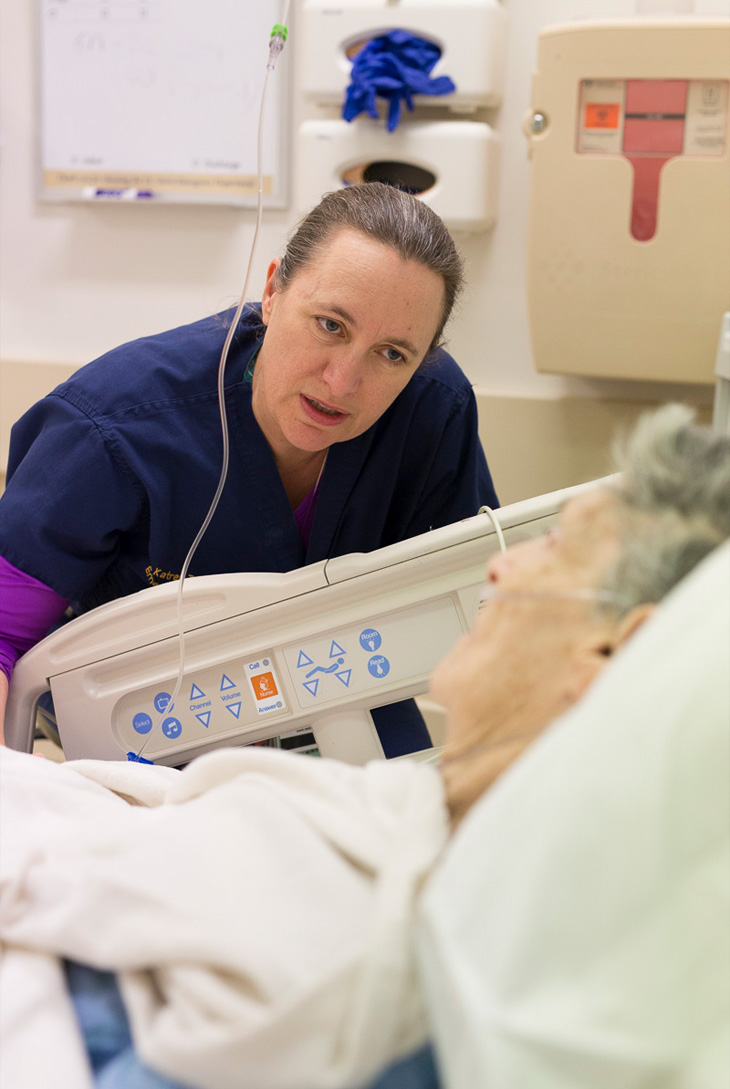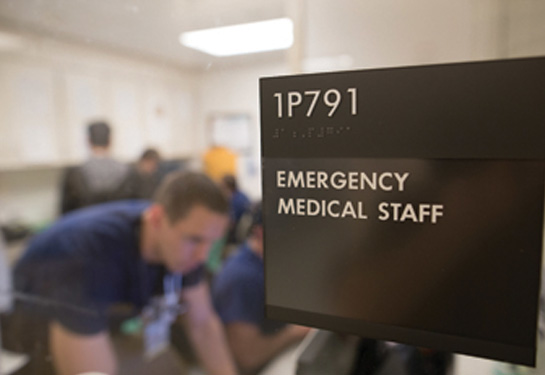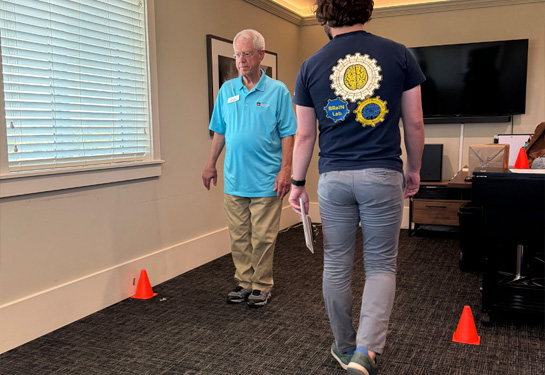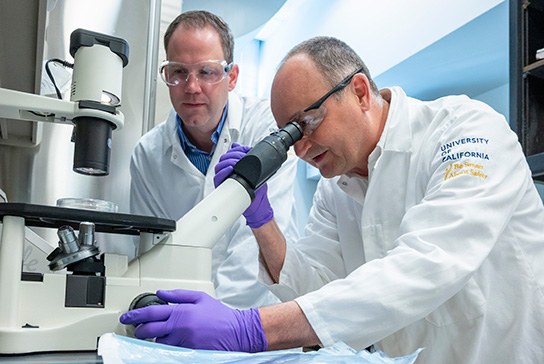Delirium risk in the Emergency Department for older adults
New study finds association between length of stay and condition
New UC Davis Health research reveals a significant association between the length of stay in the emergency department (ED) and the development of incident delirium in older adults.
The study, published this month in the Western Journal of Emergency Medicine, was conducted by a team of emergency medicine physicians. It sheds light on the detrimental effects of prolonged ED stays on older patients' health.
Katren Tyler, vice chair for geriatric emergency medicine and wellness and senior author of the study, commented, "Prolonged ED length of stay can have detrimental effects on older patients, especially those with a history of dementia and multiple comorbidities. Swift assignment and transfer to inpatient beds for admitted older patients will not only reduce the risk of delirium but also benefit both patients and health systems."
Delirium is a sudden change in mental function that can include confusion rapid mood changes and is often reversible. It is a common and costly condition among older adults, often goes unrecognized and can have severe consequences. The estimated costs associated with delirium to the health care system fall between $38 billion and $152 billion annually.
The ED environment has been identified as a potential factor contributing to the development of incident delirium. Incident delirium means that the condition has developed since the person arrived at the hospital. This study aimed to explore the relationship between ED length of stay, time in the hallway and the number of bed movements and incident delirium.

Study findings
The retrospective study of 5,886 patients aged 65 and older took place at UC Davis Medical Center. All data were extracted from the electronic health record. The research group included patients presenting to the ED and admitted to family or internal medicine services over a two-year period.
The study’s major finding was a clear association between the length of stay in the ED and the development of incident delirium in older adults. For every additional hour spent in the ED, the risk of delirium increased. For each additional hour a patient spent in the ED, the odds of experiencing delirium increased by approximately 2%. This highlights the importance of prioritizing older adults for bed assignment and swift admission to minimize their time in the ED.
“My hope is that emergency physicians leverage this study to build a case for moving admitted older-adult patients to inpatient beds quickly. This benefits the patient, the hospital and the ED. It reduces the risk of incident delirium, frees up ED beds for new patients and reduces hospital length of stay, because delirium was prevented, hereby easing the overall burden of hospital crowding,” said David Barnes, co-medical director of Department of Emergency Medicine.
Commitment to age-friendly approach
The UC Davis emergency medicine team has increased its commitment to caring for the complex needs of older-adult patients for the past few years. It’s part of the health system’s Healthy Aging Initiative, which works to increase access to care, improve quality of life and make navigating the health system easier.
In 2022, the American College of Emergency Physicians (ACEP) awarded Geriatric Emergency Department Accreditation — Gold Level 1, the highest level of accreditation — to the geriatric emergency department. UC Davis Health is the only ED in Sacramento to earn this accreditation and joins only 21 other EDs in the nation that have achieved gold status.
The ED is also recognized as an Age-Friendly Health Systems Committed to Care Excellence for its age-friendly approach.
“This is something the department has made a commitment to,” Tyler said. “While we won’t fix all the problems straight away, we’ll work on finding solutions to better care for older adults in the ED.”





